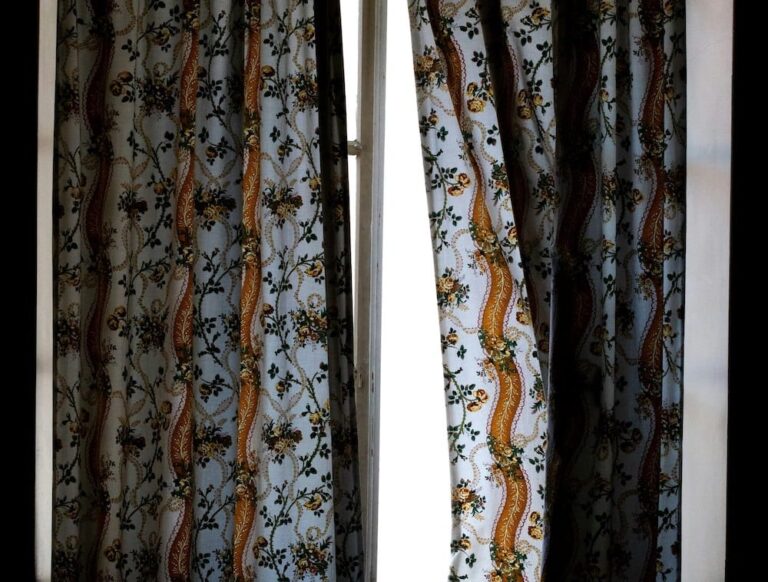cuiller/cuillère
The French word “la cuiller” means “the spoon.” It can also be spelled “la cuillère,” which is a spelling that more accurately reflects its pronunciation (KWEE YAIR). Both spellings are accepted in modern French. The spelling of “la cuillère” has recently become more popular, however, due to its more logical connection with standard French phonetics and pronunciation.
Expressions
“né avec une cuiller en argent dans la bouche” means “born with a silver spoon in the mouth.” It corresponds to the equivalent English expression, meaning “born into privilege” or “born into wealth.”
“en deux coups de cuiller à pot” means “very quickly” or “with no apparent difficulty” but literally means “in two scoops of the pot spoon,” referring to a large spoon or ladle.
“être à ramasser à la petite cuiller” means “to be tired,” “to be weak,” or “to be in a bad physical state.” It literally means “to be scooped up with a little spoon.”
“ne pas y aller avec le dos de la cuillère” means “to act without moderation,” or “to be very frank.” It literally means “to not go with the back of the spoon.”
“serrer la cuiller” is a late 19th century expression meaning “to shake hands,” but literally means “to squeeze the spoon.”
Etymology
The word “cuiller” originally came from the Latin word “cochlearium,” meaning “spoon.” The Latin word was in turn derived from “cochlear,” referring to a pointed instrument used for eating snails, which itself was derived from the word “cochlea” for “snail.”
In the second half of the 11th century, the French word was spelled “culier” which became “la cuillier” in the 12th century. “La cuillere” appeared in 1329.
The French king Henri IV thought that the word should be written as “le cuiller” and pronounced accordingly (KWEE YAY), along with having its gender changed to masculine, to reflect that spelling. The French poet François de Malherbe disagreed with the king, saying that despite Henri IV’s power, he could not compel people to pronounce it that way on this side (to the north and to the east) of the river Loire.






